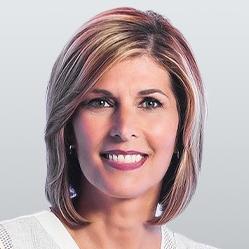Commentary
The day that I told CBS News I wished to leave my job as investigative correspondent ahead of my contract, I didn’t give a reason. I didn’t see the point because the problem wasn’t fixable.


The day that I told CBS News I wished to leave my job as investigative correspondent ahead of my contract, I didn’t give a reason. I didn’t see the point because the problem wasn’t fixable.